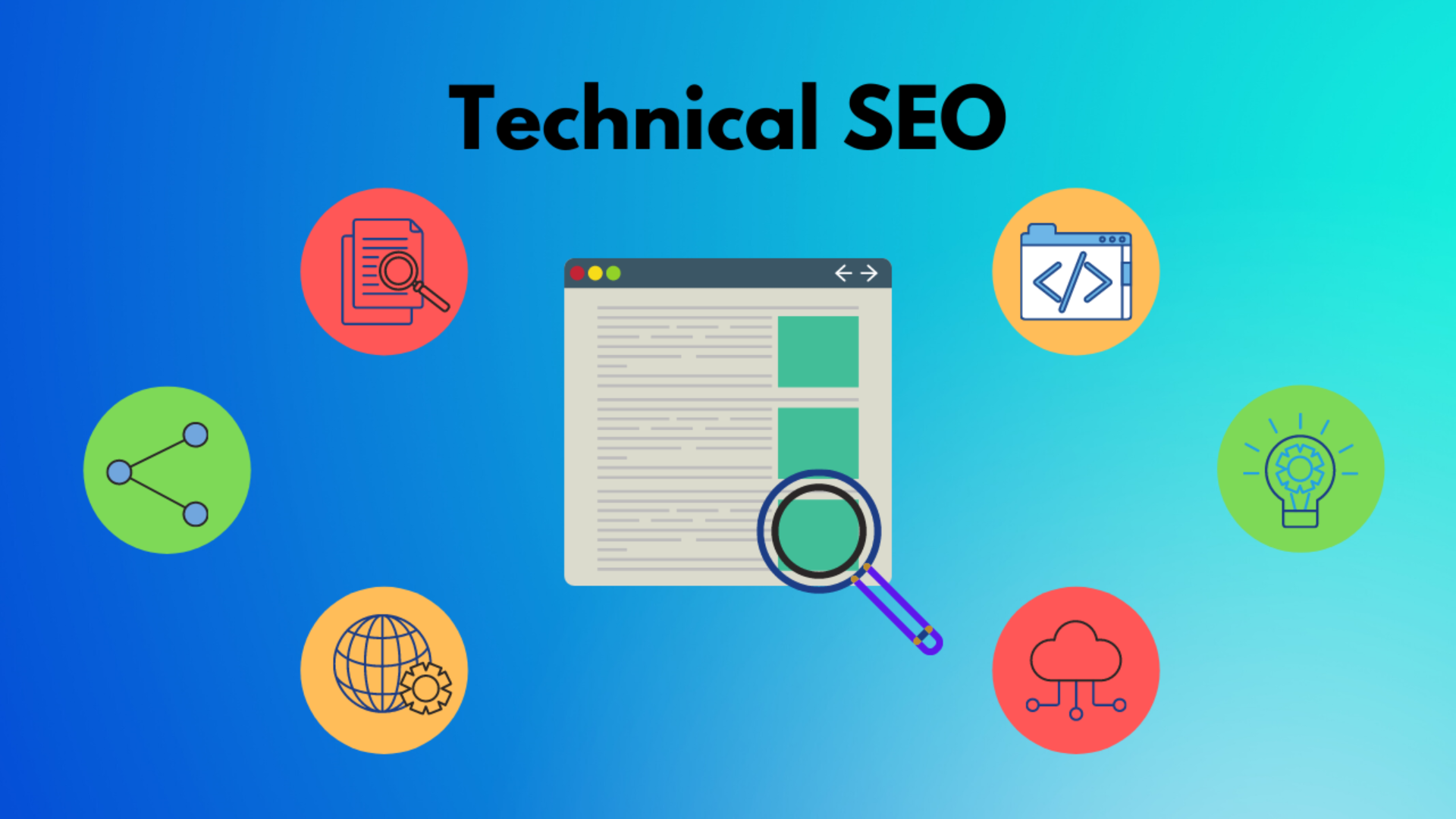Technical SEO Tips to Improve Site Performance
In today’s digital landscape, website performance is critical for user experience and search engine rankings. Technical SEO ensures your website is optimized behind the scenes, making it faster, more accessible, and easier for search engines to crawl. Improving site performance not only enhances user experience but also boosts your organic traffic and conversions.
Technical SEO focuses on the infrastructure of your website rather than content alone, ensuring that both users and search engines can navigate your site efficiently.

Why Technical SEO Matters
Technical SEO directly impacts how search engines index and rank your website. Even high-quality content may underperform if your website has technical issues.
-
Faster Loading Speed: Quick-loading pages improve user satisfaction and reduce bounce rates.
-
Better Crawlability: Optimized site structure ensures search engines can index all important pages.
-
Mobile Optimization: Mobile-friendly websites rank higher and offer better user experience.
-
Improved Security: HTTPS encryption builds trust with users and search engines.
Investing in technical SEO ensures your website functions smoothly and remains competitive in search results.
Key Technical SEO Tips
1. Optimize Website Speed
Website speed is a major ranking factor and directly affects user engagement.
-
Compress images without losing quality
-
Minimize CSS, JavaScript, and HTML files
-
Enable browser caching and use a content delivery network (CDN)
-
Reduce server response times
Fast websites retain visitors and improve search engine rankings.
2. Ensure Mobile-Friendliness
With mobile-first indexing, search engines prioritize mobile-optimized websites.
-
Use responsive web design to adapt to all screen sizes
-
Test mobile usability regularly using tools like Google’s Mobile-Friendly Test
-
Simplify navigation and buttons for touch interactions
A seamless mobile experience improves both rankings and user satisfaction.
3. Use HTTPS for Security
Secure websites are trusted by users and favored by search engines.
-
Implement SSL certificates to enable HTTPS
-
Ensure all pages, images, and scripts are served securely
-
Update certificates regularly to avoid security warnings
HTTPS not only protects data but also enhances credibility and SEO performance.
4. Optimize Site Structure
A clear and logical site structure helps search engines understand your content and improves user navigation.
-
Create a simple URL hierarchy with descriptive URLs
-
Use internal linking to connect related pages
-
Include XML sitemaps to help search engines crawl your site
-
Implement breadcrumb navigation for better user orientation
Organized structure ensures both users and search engines find content efficiently.
5. Implement Schema Markup
Schema markup provides additional context to search engines, enhancing search results with rich snippets.
-
Add structured data for products, reviews, events, or FAQs
-
Use JSON-LD format for compatibility and ease of implementation
-
Test markup using Google’s Rich Results Test
Rich snippets improve visibility and click-through rates from search results.
6. Fix Crawl Errors
Regularly monitoring and fixing crawl errors ensures search engines can index your website properly.
-
Use Google Search Console to identify errors
-
Correct broken links, 404 pages, and server issues
-
Update redirects to maintain link equity
Resolving crawl errors ensures maximum SEO value and prevents user frustration.
7. Optimize Images and Multimedia
Large images or unoptimized media slow down websites and hurt rankings.
-
Use appropriate file formats like WebP for faster loading
-
Add descriptive alt text for SEO and accessibility
-
Implement lazy loading for off-screen images
Optimized media improves speed, accessibility, and overall performance.
Benefits of Technical SEO
-
Faster Loading Times: Improves user experience and reduces bounce rates.
-
Higher Search Rankings: Search engines reward technically optimized websites.
-
Better Mobile Experience: Responsive and secure sites retain mobile visitors.
-
Enhanced Crawlability: Search engines can index all important pages efficiently.
-
Increased Conversions: A smooth, fast, and secure website encourages user actions.
Technical SEO ensures your website is not only visible in search results but also delivers an excellent experience for visitors.
Conclusion
Technical SEO is a critical component of website success. By optimizing site speed, mobile usability, security, structure, and crawlability, businesses can improve both search engine rankings and user experience.
Implementing these technical SEO tips ensures your website performs efficiently, attracts organic traffic, and converts visitors into loyal customers. Prioritizing technical SEO today sets the foundation for long-term digital growth and online success.



